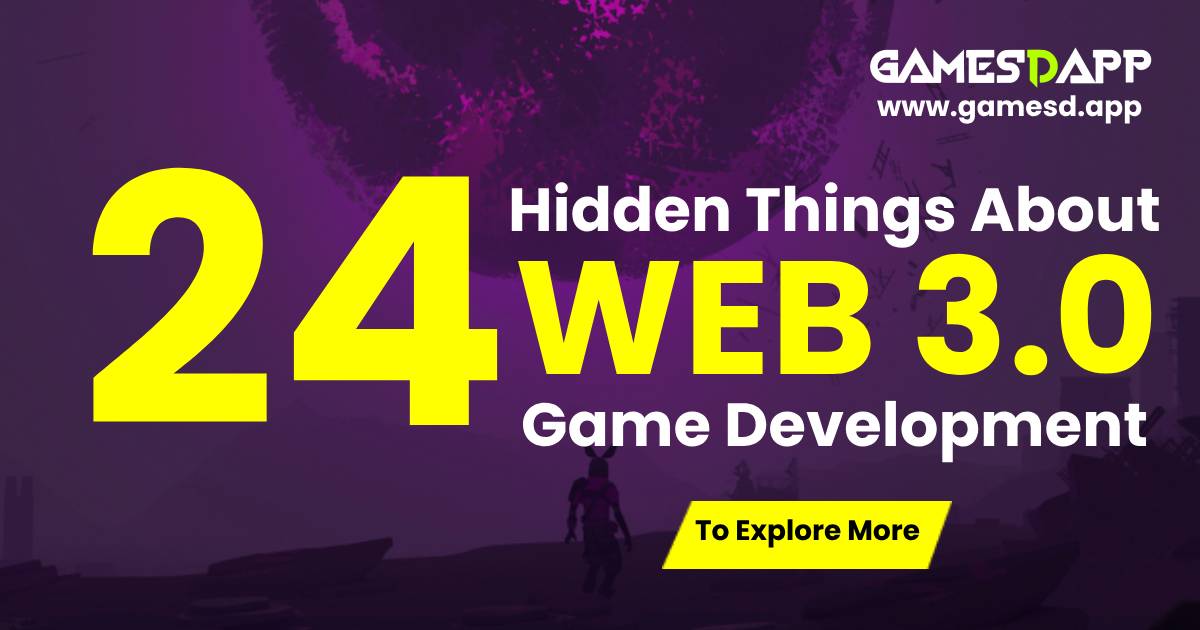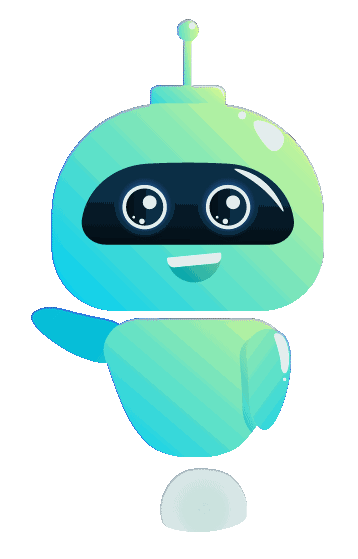Here's a list of 24 things about web3 game development
Blockchain Integration:
Web3 games utilize blockchain technology to enable decentralized ownership and secure transactions within the game.
Non-Fungible Tokens (NFTs):
NFTs are unique digital assets that can be used in Web3 games to represent in-game items, characters, or other collectibles.
Play-to-Earn Mechanism:
Web3 games often incorporate play-to-earn mechanisms where players can earn cryptocurrency or other rewards by playing the game.
Interoperability:
Web3 games aim to be interoperable, allowing players to use their in-game assets across multiple games or platforms.
Decentralized Autonomous Organizations (DAOs):
Web3 game development involves the use of DAOs, which are organizations governed by smart contracts and controlled by token holders, to make community-driven decisions about the game's development.
Smart Contracts:
Smart contracts are self-executing contracts with the terms of the agreement directly written into code. They are utilized in Web3 game development for various purposes, including managing in-game transactions and creating game rules.
Open Marketplaces:
Web3 games often have open marketplaces where players can buy, sell, and trade in-game assets directly with other players using cryptocurrencies.
Ownership Rights:
Web3 games provide players with true ownership rights over their in-game assets through the use of blockchain technology and NFTs.
Community Governance:
Web3 game development involves giving players a voice in the game's development and decision-making processes through community governance models.
Scalability Solutions:
Web3 games face scalability challenges due to the limitations of blockchain networks. Various layer-two solutions, such as sidechains and state channels, are used to improve scalability.
Cross-Chain Compatibility:
Web3 game developers explore cross-chain compatibility to allow assets and interactions across different blockchain networks.
Provably Fair Gameplay:
Web3 games can implement provably fair gameplay using cryptographic techniques to ensure transparency and fairness in game outcomes.
Decentralized Storage:
Web3 games utilize decentralized storage solutions, such as IPFS (InterPlanetary File System), to store game assets and data in a distributed manner.
Virtual Reality (VR) Integration:
Web3 game developers explore integrating VR technology to enhance the immersive experience for players.
DeFi Integration:
Web3 games can integrate with decentralized finance (DeFi) protocols to offer additional financial incentives and rewards to players.
Community-driven Development:
Web3 game development involves active participation and contribution from the game's community, fostering a sense of ownership and engagement.
Gas Optimization:
Web3 game developers optimize gas usage to reduce transaction costs and improve the overall user experience.
Privacy and Security:
Web3 game developers prioritize privacy and security measures to protect player data and prevent hacking or cheating.
Cross-Platform Compatibility:
Web3 games aim to be compatible across various platforms, including web browsers, mobile devices, and gaming consoles.
Game Asset Fractionalization:
Web3 games enable the fractional ownership of in-game assets, allowing players to own a portion of valuable items or characters.
Decentralized Identity (DID):
Web3 game development explores the use of decentralized identity solutions to ensure player authenticity and prevent identity fraud.
In-Game Governance:
Web3 games can implement in-game governance mechanisms where players have voting rights to influence game rules and updates.
Transparent Economy:
Web3 games provide transparent economic systems where players can track the supply, demand, and value of in-game assets.
User-Generated Content (UGC):
Web3 games encourage user-generated content creation, allowing players to contribute to the game's development through mods, levels, or other creations.
Conclusion:
Before you launch web3 game development this checklist may help you to create a successful web3 game with unique features. GamesDapp is a Leading Web3 Game Development Company that provides an advanced web3 gaming platform with unique features
Get A Demo
Let's Connect With Us








